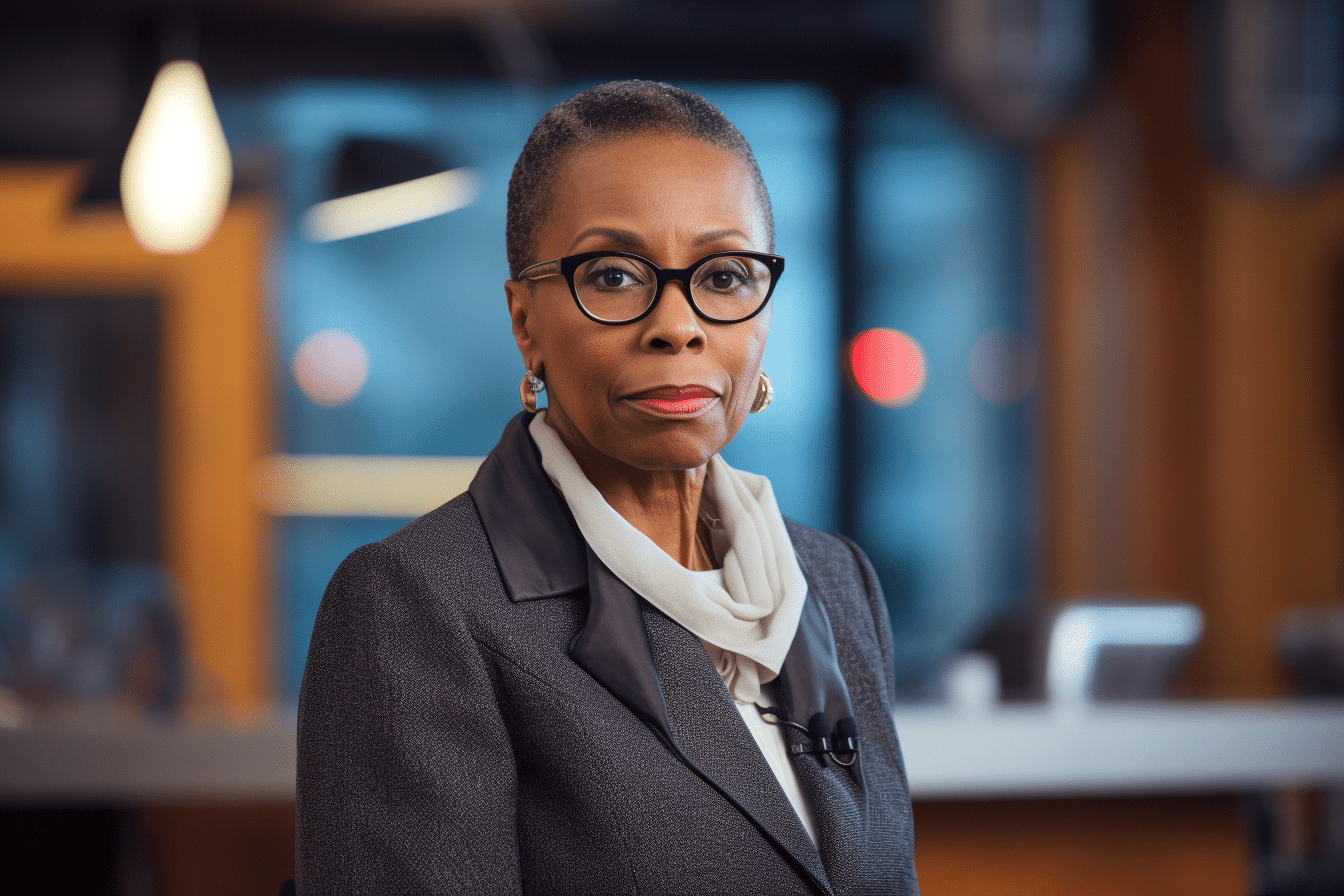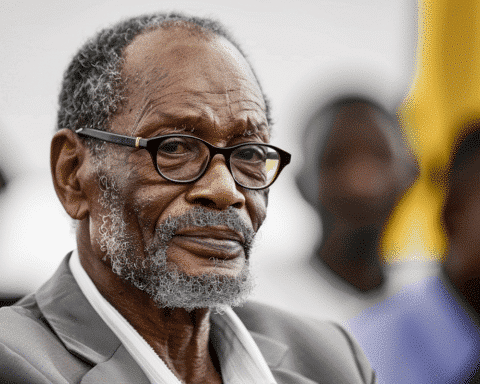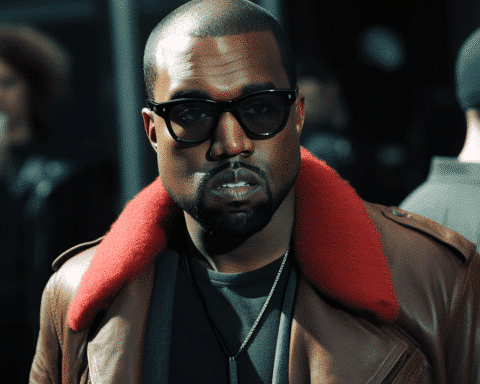In a turn of events that has sent ripples through academic circles, Harvard University President Claudine Gay has tendered her resignation. This decision, announced in a letter on Tuesday, follows a tumultuous period marked by allegations of plagiarism and a contentious congressional testimony. Gay, Harvard’s first Black president, faced intense scrutiny and criticism over her responses during a hearing on campus antisemitism and her academic integrity.
Claudine Gay’s brief tenure as Harvard’s president has ended in controversy. Her resignation comes amid a storm of plagiarism allegations and criticism stemming from her testimony at a congressional hearing. During the hearing, Gay’s inability to unequivocally denounce calls for genocide against Jews on Harvard’s campus as a violation of the university’s conduct policy sparked widespread backlash.
This scrutiny was not limited to her testimony. Conservative activists highlighted several instances of alleged plagiarism in Gay’s 1997 doctoral dissertation. Though Harvard’s governing board initially supported Gay, stating that their review found only minor citation issues, further investigation led to the discovery of additional problematic instances in her work.
The resignation, described by the Harvard Corporation as a moment of “great sadness,” underscores the challenges and pressures university leadership faces in navigating complex social and academic issues. Alan M. Garber, the university’s provost, was appointed interim president during the search for Gay’s replacement.
The controversy intensified when Gay, along with the presidents of MIT and the University of Pennsylvania, faced criticism for their responses to Rep. Elise Stefanik’s questions during a congressional hearing. The hearing, set against the backdrop of global concerns over antisemitism and the Israel-Gaza conflict, sought to address the safety of Jewish students on university campuses.
Gay’s response, suggesting that the context of speech must be considered before deeming it a policy violation, drew criticism from both political sides and the public. This incident, satirized on “Saturday Night Live,” highlighted the delicate balance university leaders must maintain in addressing freedom of speech and protecting students from hate speech.
In an attempt to clarify her position, Gay expressed regret in an interview with The Crimson, acknowledging her failure to condemn violence against Jewish students unequivocally. Despite this apology, her reputation and leadership had already been damaged.
The fallout from Gay’s testimony and the plagiarism allegations extended beyond her resignation. Rabbi David Wolpe’s departure from a newly formed committee on antisemitism, citing the “painfully inadequate testimony” and campus events, further exemplifies the profound impact of this episode.
The House Committee on Education and the Workforce has since announced an investigation into the policies and disciplinary procedures of Harvard, MIT, and Penn. These developments, along with separate federal civil rights investigations, underscore the increasing scrutiny on higher education institutions to uphold academic integrity and ensure the safety and well-being of their students.
Claudine Gay’s resignation as Harvard’s president is a stark reminder of the challenges facing higher education leaders today. In an era where academic integrity and social responsibilities are under the microscope, universities must navigate these complex waters with utmost care and transparency. As Harvard seeks new leadership, the academic world watches closely, hoping for a future where such controversies are a thing of the past.




